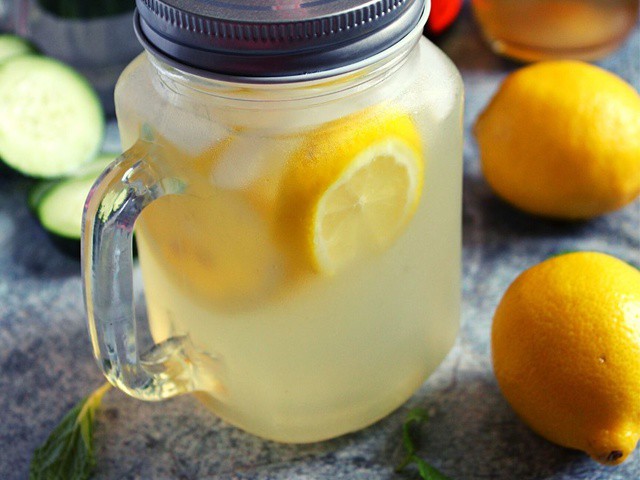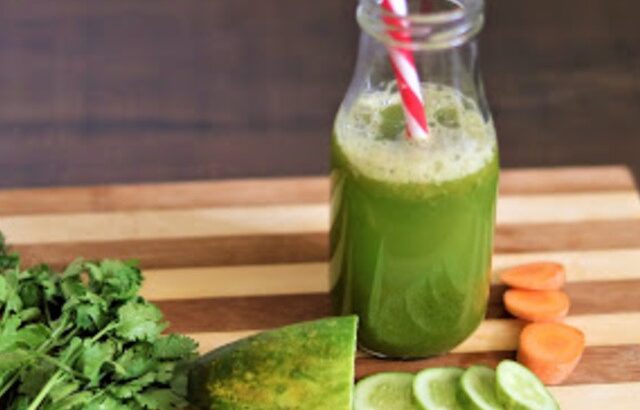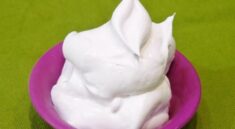Athletes are always on the lookout for ways to enhance their performance, recover faster, and push their limits. One of the lesser-known yet crucial elements that has recently garnered attention in the sports and fitness world is glutathione. This powerful antioxidant plays a pivotal role in maintaining optimal health and performance. Here’s an in-depth look at what glutathione is and how it can impact athletic performance.
What is Glutathione?
Glutathione is a naturally occurring antioxidant found in every cell of the body. It consists of three amino acids: cysteine, glutamic acid, and glycine. Often referred to as the “master antioxidant,” glutathione is crucial for protecting cells from oxidative stress, a condition where harmful free radicals damage cells. This oxidative stress can be exacerbated by intense physical exertion, making glutathione particularly relevant for athletes.
The Role of Glutathione in the Body
Glutathione plays several key roles in maintaining health:
- Detoxification: It assists in neutralizing and eliminating toxins and harmful substances from the body. This is especially important for athletes who may be exposed to higher levels of toxins from their environment or strenuous workouts.
- Immune Support: By supporting immune function, glutathione helps the body defend against infections and diseases, which is crucial for athletes who push their bodies to their limits and are therefore at higher risk of illness.
- Cellular Protection: It protects cells from oxidative damage and maintains cellular health, which is essential for recovery and overall performance.
- Metabolism and Recovery: Glutathione aids in the metabolism of nutrients and the recovery process by reducing inflammation and speeding up the repair of damaged tissues.
Glutathione and Athletic Performance
For athletes, maintaining high levels of glutathione can be particularly beneficial. Here’s how it impacts performance:
- Enhanced Recovery: Intense exercise increases the production of free radicals, leading to oxidative stress and muscle fatigue. Glutathione helps combat this stress, potentially reducing muscle soreness and accelerating recovery times. This means athletes can train harder and recover more quickly.
- Improved Immune Function: Regular, intense training can sometimes lead to a weakened immune system. By boosting glutathione levels, athletes can support their immune defenses and reduce the likelihood of getting sick, which can otherwise disrupt their training and performance.
- Reduced Inflammation: Glutathione helps manage inflammation levels in the body. Lower inflammation can lead to reduced muscle damage and faster recovery, allowing athletes to maintain peak performance throughout their training cycles.
- Enhanced Endurance: Some studies suggest that higher levels of glutathione can improve endurance by reducing oxidative stress during prolonged exercise. This means athletes might experience less fatigue and be able to perform at a higher level for longer periods.

Factors Affecting Glutathione Levels
While the body produces glutathione naturally, certain factors can impact its levels:
- Diet: A diet rich in fruits and vegetables can support the body’s natural glutathione production. Foods high in sulfur, such as garlic, onions, and cruciferous vegetables (broccoli, Brussels sprouts, etc.), are particularly beneficial.
- Stress and Exercise: Intense physical exertion and chronic stress can deplete glutathione levels. Balancing workouts with adequate rest and recovery is crucial to maintaining healthy levels.
- Aging: As we age, our natural glutathione levels tend to decrease, which can affect overall health and performance. Ensuring adequate intake of glutathione-boosting foods and managing stress can help mitigate this decline.
- Environmental Factors: Exposure to pollutants, toxins, and heavy metals can also deplete glutathione levels. Athletes who train in polluted environments may need to be more mindful of maintaining their glutathione levels.
Boosting Glutathione Naturally
To maximize the benefits of glutathione for athletic performance, consider the following strategies:
- Eat a Balanced Diet: Focus on consuming a variety of fruits, vegetables, and protein sources. Foods rich in vitamin C and E can also help enhance glutathione levels by reducing oxidative stress.
- Stay Hydrated: Proper hydration supports overall health and helps maintain optimal cellular function, including the activity of antioxidants like glutathione.
- Prioritize Rest: Adequate sleep and rest are essential for recovery and maintaining glutathione levels. Ensure you’re giving your body enough time to repair and rejuvenate between workouts.
- Manage Stress: Incorporate stress-reducing activities such as mindfulness, meditation, or yoga into your routine. Reducing stress can help preserve glutathione levels and support overall well-being.
- Consider Nutritional Support: While avoiding the use of certain products, consider focusing on foods and dietary strategies known to support glutathione production and activity.
Conclusion
Glutathione is a vital component in maintaining health and enhancing athletic performance. By understanding its roles and how it affects the body, athletes can take proactive steps to support their natural glutathione levels and, in turn, improve their performance and recovery. Through a balanced diet, adequate rest, and effective stress management, athletes can leverage the benefits of this powerful antioxidant to reach their full potential and stay at the top of their game. Visit their page if you need more information or have any questions about Glutathione supplement.





